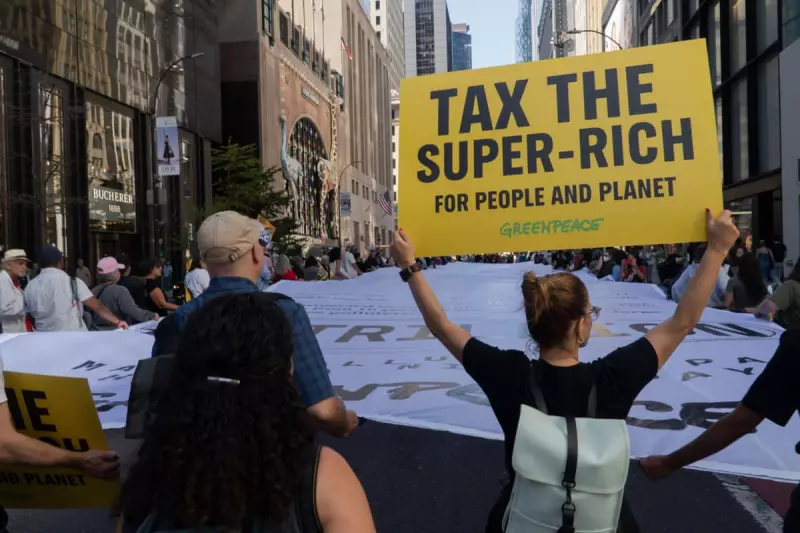
The upcoming COP30 climate summit in Brazil faces an unprecedented challenge as the United States, under President Donald Trump, prepares to sit out the critical international gathering. This dramatic move signals a potentially devastating blow to global climate cooperation and raises serious questions about America's commitment to environmental leadership.
A Diplomatic Earthquake in Climate Politics
Sources close to the administration have confirmed that senior US officials will not attend the 2025 conference in Belém, Brazil. This decision marks the most significant rupture in international climate diplomacy since Trump's original withdrawal from the Paris Agreement during his first term.
The boycott comes despite urgent warnings from scientists about accelerating climate change and follows what observers describe as a systematic dismantling of US climate policies since Trump returned to office.
Global Reactions and Consequences
World leaders and environmental organisations have expressed deep concern about the implications of America's absence. Without the world's second-largest emitter at the table, achieving meaningful progress on emission reduction targets appears increasingly unlikely.
European diplomats have reportedly been working behind the scenes to persuade the administration to reconsider, while climate-vulnerable nations fear the move could encourage other countries to back away from their commitments.
What This Means for Climate Action
- The credibility of the Paris Agreement framework faces its sternest test yet
- Critical discussions on climate financing for developing nations may stall
- America's isolation could create a leadership vacuum filled by China and the EU
- Progressive US states and businesses may seek alternative international partnerships
As one senior UN official privately noted, "This isn't just about one country skipping a meeting - it threatens the entire multilateral system we've built to address the climate crisis."
The Road Ahead for International Cooperation
Despite the US position, Brazilian hosts remain determined to make COP30 a success. The summit represents a crucial opportunity for Amazon nations to showcase their conservation efforts while pushing wealthier countries to increase their climate ambitions.
However, with American diplomats watching from the sidelines, many wonder whether any agreement reached in Belém can truly represent a global consensus - or whether we're witnessing the beginning of a fragmented approach to climate governance that could set back progress by decades.





